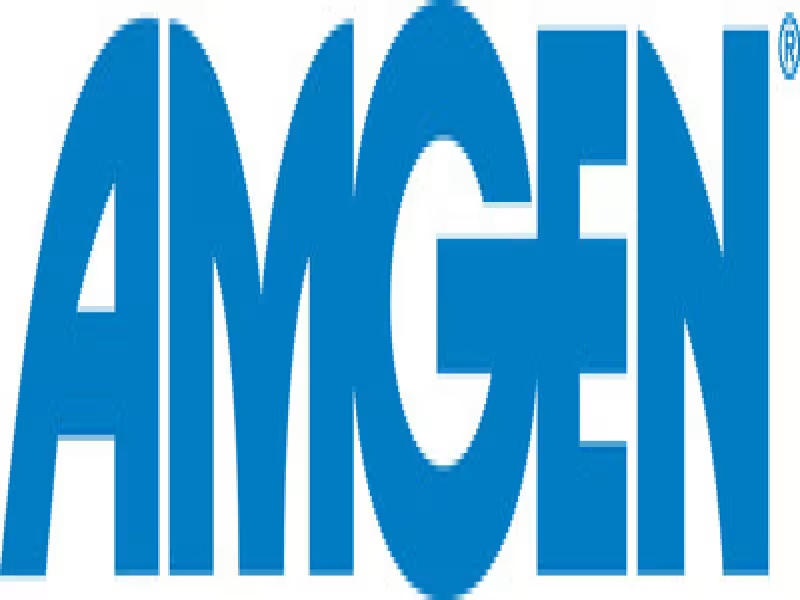
SHERIDAN, WYOMING - November 13, 2025 - Amgen has introduced a new U.S. direct-to-patient model that aims to make Repatha more affordable and accessible to adults at elevated cardiovascular risk. The initiative, called AmgenNow, offers a nearly 60% price reduction and removes common payer-driven barriers-an unusual move in the cardiometabolic market and one that could ripple across manufacturers, payers, and care-delivery partners seeking more predictable access pathways.
Innovation: A Direct-to-Patient Channel for a Preventive CV Therapy
AmgenNow launches amid heightened interest in preventive cardiovascular interventions following recent VESALIUS-CV outcomes that demonstrated Repatha's ability to reduce major adverse cardiovascular events in primary-prevention patients. With monthly pricing set at $239, Amgen is extending access far beyond traditional specialty channels and positioning the program as a structural alternative for those facing high deductibles, insurance restrictions, or gaps in coverage.
The program applies to all U.S. patients-including those enrolled in Medicare or Medicaid-and bypasses step therapy and prior authorization requirements. In practice, this means hospitals, cardiology networks, and outpatient clinics may find fewer delays when initiating therapy for high-risk individuals, particularly in value-based care models tied to first-event reduction.
Technical Background and Workflow Value for Care Providers
Repatha's PCSK9 inhibition mechanism is well-established, but barriers in prior-authorization workflows have slowed adoption, particularly for primary prevention. By allowing patients to purchase directly at a predictable, reduced price, AmgenNow sidesteps frequent administrative bottlenecks. For clinical teams, the downstream workflow advantages include:
- Faster onboarding for high-risk adults who meet LDL-C management criteria
- Reduced administrative overhead related to payer documentation
- Simplified discussions around costs, adherence, and long-term cardiovascular risk reduction
- Clearer expectations for scheduling follow-up lipid panels and therapy titration
These operational benefits may be especially valuable for systems heavily invested in population-health strategies, where cardiometabolic outcomes influence reimbursement and quality metrics.
Market Trends and Competitive Landscape
The launch of a direct-to-patient channel for a major biologic therapy reflects broader industry trends toward cost transparency and alternative distribution models. Other manufacturers in chronic-care segments-particularly cardiometabolic, obesity, and autoimmune disease-have been evaluating consumer-facing programs, but few have implemented them at scale for biologics already integrated into specialty channels.
Amgen's decision also responds to competitive pressures in lipid management, where payers and clinicians increasingly compare options based on long-term cost-effectiveness and impact on event reduction. As health systems continue to emphasize preventing first-time cardiac events, predictable pricing may position Repatha more competitively alongside emerging oral LDL-C-lowering therapies and lifestyle-driven cardiometabolic programs. Stakeholders following the interventional urology market outlook will recognize similar adoption dynamics in preventive therapies that require improved access to gain traction.
Stakeholder Perspective
Amgen's leadership framed the new program around patient access and early intervention. As Murdo Gordon, the company's executive vice president of Global Commercial Operations, stated: "Amgen is committed to finding new ways to help patients benefit from our medicines. Repatha has already helped more than 5 million patients1, and the AmgenNow program will make it easier for uninsured patients or those who choose to pay out-of-pocket to access treatment. This will allow even more Americans at increased risk of major adverse cardiovascular events to benefit from this effective medicine."
This statement underscores the strategic intent to broaden reach into populations historically under-treated due to cost or insurance barriers.
Strategic Implications for Hospitals, Providers, and Payers
If AmgenNow achieves widespread adoption, healthcare providers may gain a more predictable path to initiating lipid-lowering therapy in patients who do not meet insurer criteria but have elevated LDL-C levels, high-risk diabetes, or a family history of premature cardiovascular disease. For payers, the shift could reduce administrative friction but may spur reassessment of formulary positioning. Integrators, telecardiology vendors, and chronic-care platforms may also find opportunities to embed Repatha access directly into care-coordination workflows.
Hospitals deploying heart-disease prevention initiatives-especially those aligned with accountable care organizations-may view direct-to-patient programs as tools for reducing variability in medication access and improving adherence in high-risk segments.
Learn More
Additional program details, eligibility information, and patient-support resources are available through Amgen's official Repatha support portal.